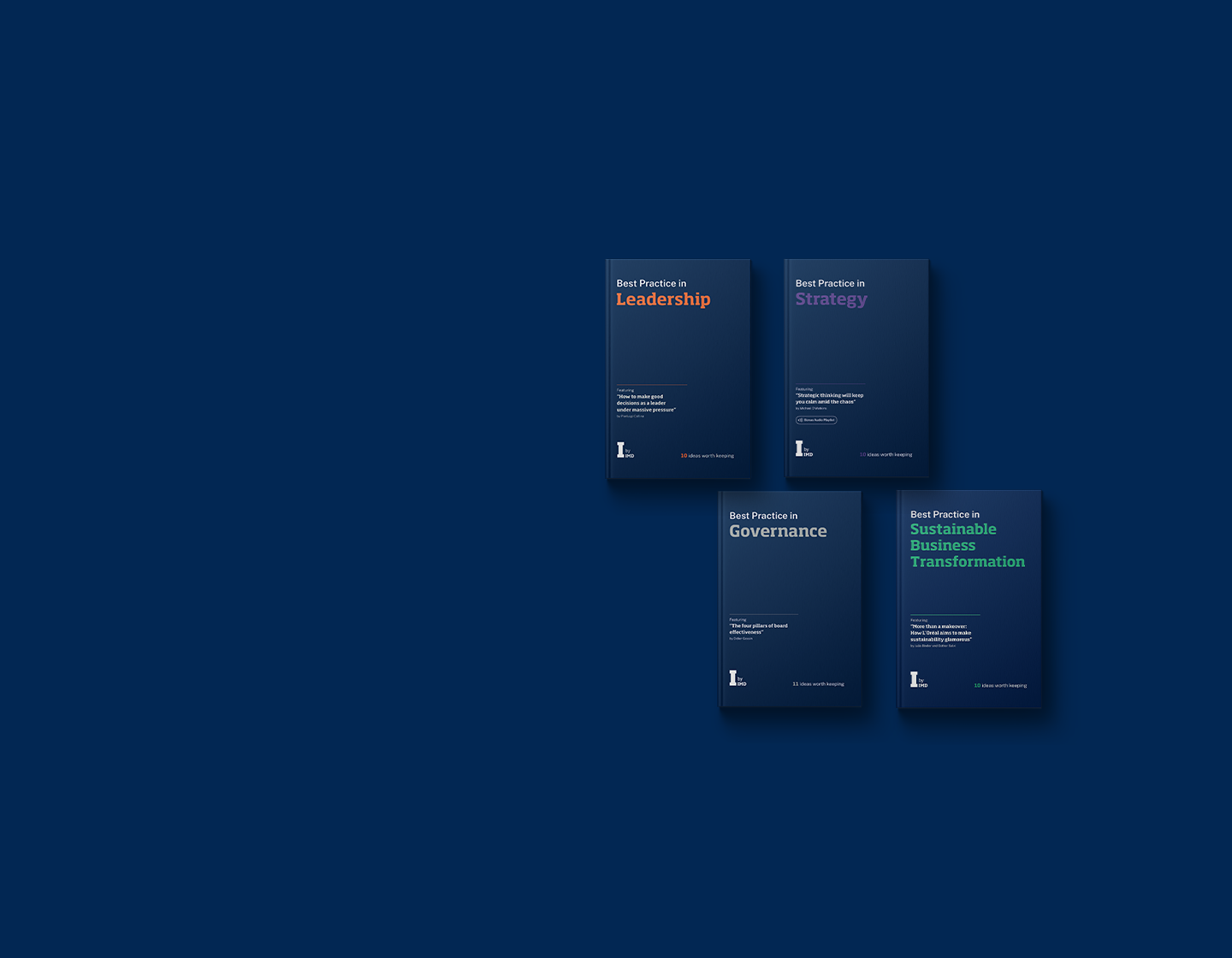“Carbon is the new calorie”: Logitech’s carbon impact label to drive transparency in sustainability
This topical case covers the period from 2019 to 2022, when Prakash Arunkundrum, head of global operations and sustainability at Logitech, was focusing on reducing the company’s carbon footprint. It recounts how he and his team gained internal support to embark on an ambitious carbon labeling initiative and created a transparent methodology to assess, validate and communicate the life cycle carbon value of Logitech’s products. The case highlights Logitech’s journey to becoming climate positive, based on four key pillars; 1) reducing carbon in its products, 2) transitioning to renewable energies, 3) restoring forests and supporting climate impacted communities, and 4) rethinking how to support and enable reuse. However, Prakash realized that the real hurdle would be gaining industry-wide adoption of carbon labeling by other companies and competitors in the tech sector. Logitech tried to garner support for Carbon Clarity by making its approach open source, by investing significant time and energy to raise awareness about the benefits of carbon labeling, and by holding discussions with interested companies, including competitors. Yet despite interest from other companies, they had not yet committed to supporting Carbon Clarity. Prakash was baffled as to why they would not commit and wondered how to make progress to drive sustainability.
- Understand how to shift attitudes and behaviors toward sustainability through the introduction of carbon labeling.
- Examine the key challenges in engaging stakeholders in sustainability initiatives.
- Understand how to frame messages to communicate sustainability effectively.
Logitech, Manufacturing, Electric and Electronic Equipment, Computer Hardware
2020-2022
Cranfield University
Wharley End Beds MK43 0JR, UK
Tel +44 (0)1234 750903
Email [email protected]
Harvard Business School Publishing
60 Harvard Way, Boston MA 02163, USA
Tel (800) 545-7685 Tel (617)-783-7600
Fax (617) 783-7666
Email [email protected]
NUCB Business School
1-3-1 Nishiki Naka
Nagoya Aichi, Japan 460-0003
Tel +81 52 20 38 111
Email [email protected]
IMD retains all proprietary interests in its case studies and notes. Without prior written permission, IMD cases and notes may not be reproduced, used, translated, included in books or other publications, distributed in any form or by any means, stored in a database or in other retrieval systems. For additional copyright information related to case studies, please contact Case Services.
Research Information & Knowledge Hub for additional information on IMD publications
Academic institutions face unprecedented complexity from technological change, evolving funding models, diverse stakeholder demands and pressure to demonstrate societal impact. Traditional strategic planning – periodic exercises that typically yie...
in I by IMD
Research Information & Knowledge Hub for additional information on IMD publications
in I by IMD
Research Information & Knowledge Hub for additional information on IMD publications
Research Information & Knowledge Hub for additional information on IMD publications
Research Information & Knowledge Hub for additional information on IMD publications
Research Information & Knowledge Hub for additional information on IMD publications
Research Information & Knowledge Hub for additional information on IMD publications
in I by IMD
Research Information & Knowledge Hub for additional information on IMD publications
in I by IMD
Research Information & Knowledge Hub for additional information on IMD publications
in I by IMD
Research Information & Knowledge Hub for additional information on IMD publications
in I by IMD
Research Information & Knowledge Hub for additional information on IMD publications










